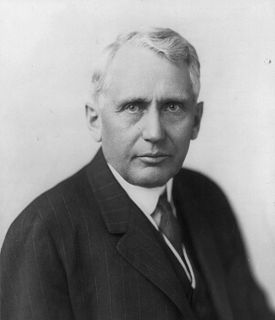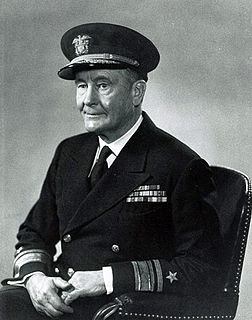A Quote by Kate Christensen
Although the pineapple had been widely disseminated for centuries among the native peoples of South and Central America, it didn't figure in European history until 1493.
Related Quotes
It is considered in England and the United States that the Government of South Africa is altogether too harsh with its native peoples. It is sadly humorous to notice that the native in South Africa, however, holds an exactly reverse opinion and the fault he finds with the South African Government is that it is far too lenient in its administration of laws throughout the native populace.
If the European discovery had been delayed for a century or two, it is possible that the Aztec in Mexico or the Iroquois in North America would have established strong native states capable of adopting European war tactics and maintaining their independence to this day, as Japan kept her independence from China.
South America had been an island continent, far bigger and far more diverse than Australia, for tens of millions of years before the Isthmus of Panama rose just a couple of million years ago. The resulting flood of North American mammals across the new land bridge corresponds in time with the decimation of the native South American fauna. In fact, most large mammals generally considered distinctly South American... are all recent migrants from North America.
I am convinced that those societies (such as the Native American peoples) which live without government enjoy in their general mass an infinitely greater degree of happiness than those who live under the European governments. Among the former, public opinion is in the place of law, & restrains morals as powerfully as laws ever did anywhere. Among the latter, under pretence of governing they have divided their nations into two classes, wolves & sheep. I do not exaggerate.
The occupation of America (and Columbus's arrival quite clearly was an occupation, no one can deny that) meant that the entire history of the Native Americans was rendered invisible. The land could only be occupied if it was first defined as empty. So it was defined as a wilderness, even though it had been used by native people for millennia.
Perhaps his gloom was due to his profession, that he lived among fallen empires, and in reading these languages that had not been spoken by the common man in centuries, he had all about him the ruin of language, evidence of toppled suburbs, grass growing among the mosaics, and voices that had been choked with poison, iron, age, or ash.





































